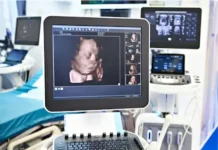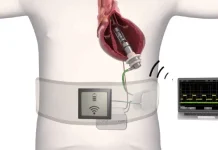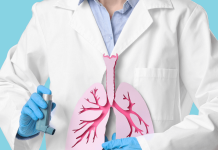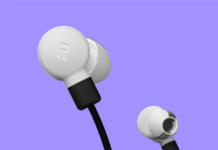Neurostimulation company BrainsWay has launched two feasibility studies to investigate a new type of transcranial magnetic stimulation (TMS) technology.
The studies will focus on the fields of rehabilitation following stroke and obsessive-compulsive disorder (OCD), the US and Israel-based company said in a 10 January press release.
Related: Accelus launches system for spinal implant surgeries
BrainsWay will test its rotational field TMS system which increases the number of neurons that are activated during therapy. The company says that current systems are limited by the parallel nature of the coil’s electric field. BrainsWay’s system, also called Deep TMS 360, uses time lag on two perpendicular coils to induce a circular rotating electric field.
BrainsWay’s Deep TMS system is already US Food and Drug Administration (FDA)-cleared to treat OCD. The system is CE-marked in Europe to treat post-stroke rehabilitation.
TMS is a non-invasive type of brain stimulation that applies focused magnetic fields to specific areas in the brain depending on the condition being treated. It offers an alternative therapy to medications and electroconvulsive therapy – both of which can produce side effects.
In October 2023, BrainsWay reported results from a study showing that a sped-up treatment regimen across TMS devices, even competitors, works just as well as longer treatment programmes. The data, published in Psychiatry Research, could mean TMS becomes even more viable and accessible in treating neurological conditions.
BrainsWay is one of the companies pioneering TMS alongside Neuronetics. In December 2023, Neuronetics landed FDA-clearance for an add-on accessory that increases the accuracy of coil placement on its NeuroStar range, TMS devices used to treat depression and OCD. The company has a market cap of $108m and BrainsWay has a market cap of $100m. The TMS market is becoming more crowded, with Mag & More, Magstim, and Nexstim all companies with FDA-cleared devices.
The global neuromodulation device market, which includes brain stimulation devices, is expected to grow to $11.4bn by 2033, according to GlobalData. Medtronic holds the biggest share in the global market.






